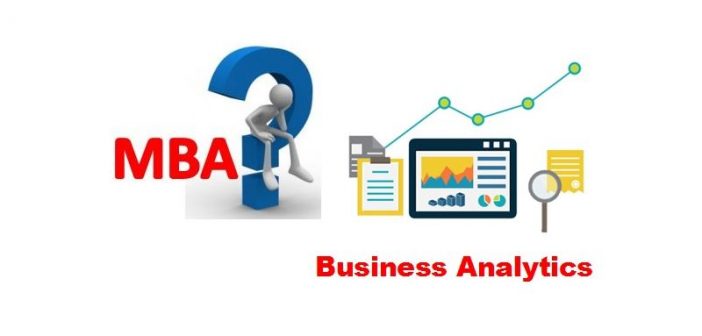Business Analytics that involves transforming data into insight to improve management decision making, has over the past few years, been much in demand among students as part of MBA concentrations as well as the industry. We take a look at what makes it so attractive and who all are best suited to specialize in it.
Professionals in this field examine large amounts of data utilising tools and basic methods derived from Management Science and Statistics to get a clear picture of various aspects of business in all sectors, including finance, marketing, operations, supply chain management, risk management and consulting.
Several companies like Amazon, Google and Capital One have their entire business model built around analytics using it as a growth strategy.
MBA aspirants who choose this stream would need to be good at maths, engineering and technological skills as data crunching of this size for business analysis requires a deep understanding of both business and tech sectors. After going through vast amounts of data, the right information has to be selected, put in context and communicated in a manner that would be understood by the target officials or clients.
Interestingly, in 2012, Gartner Inc., a research and advisory firm providing information technology related insights, had predicted that by 2015, some 4.4 million IT jobs globally would be created in data, some 1.9 in the US alone.
The company report had stated that every big data-related role in the US will create employment for three people outside of IT and over the next four years a total of six million jobs will be generated by the information economy. Since then, the number of jobs in the sector has increased by 90% by last year. It includes a massive 123.6% jump in demand for information technology project managers with big data expertise.
Meanwhile, despite several B-schools having started courses in business analytics, acute scarcity of qualified personnel continues. Only one-third of the posts were being filled.
The schools, on their part, were taking steps to introduce more number of practical tools, in addition to theoretical and strategic knowledge.
ALSO READ: Rising Fees Fail To Deter MBA Aspirants
At Boston College’s Carroll School of Management, for the entering class of 2017, MBA MATH, a self-paced Math and quantitative skills program was being introduced along with SAI (Strategy, Analytics, Integration) to contribute to providing frameworks and practice to identifying and solving critical business issues, and public speaking to help students further enhance turning their ideas into actionable presentations and strategies.
The field is growing rapidly as a result of technological advances which allow deeper analysis of larger and more diverse data sets.
The courses in this concentration cover the three main realms of the field: descriptive, predictive, and prescriptive analytics.
Descriptive methods are used in evidence-based decision making, where managers mine large historical data sets to understand the factors contributing to successes or failures in past performance.
Predictive methods are used to develop forecasts and understand probable outcomes of proposed projects and interventions.
Prescriptive methods are used to find optimal decisions. Graduates from this program will be well-prepared to work in forward-looking, data-driven organizations, where analysis is displacing intuition as the primary decision tool.




